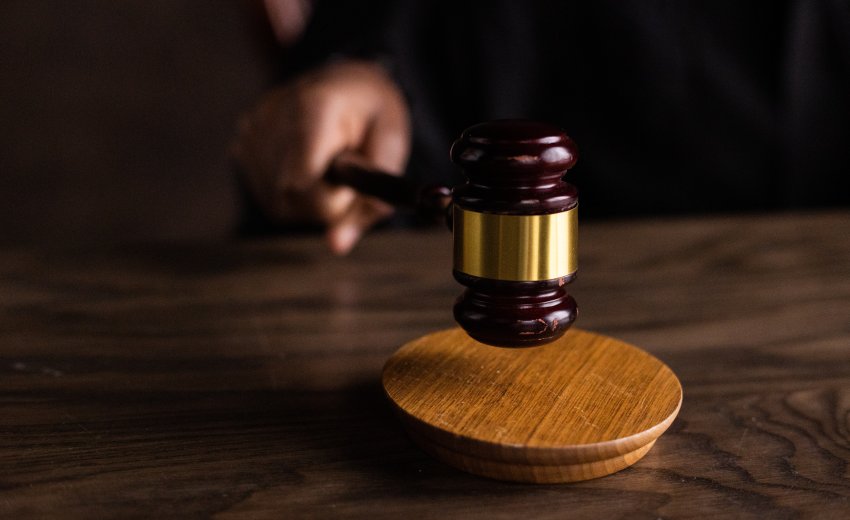July 3, 2023 (Washington, DC) -- Late last week, the Supreme Court ruled on a case, Groff v. DeJoy, with significant implications for religious accommodations in the workplace. The Sikh Coalition is proud to share that an amicus brief filed by our organization was cited by SCOTUS in their decision.
Groff v. DeJoy centered on a Christian worker who was fired from his job with the U.S. Postal Service for refusing to work on Sundays, which violated his religious observance. In the decision, SCOTUS sided with Mr. Groff, the former postal worker, by clarifying the “undue hardship” standard. Previously, this standard meant that employers were not obligated to provide accommodations that were more than a de minimis, or minimal, cost or burden on them. Now, after this ruling, in order to deny an employee's religious accommodation, employers must show that the request would result in “substantial increased costs” on the conduct of their business.
“Cases like this one are a significant step forward for religious accommodations in any workplace,” explained Sikh Coalition Legal Director Amrith Kaur Aakre. “Sikhs frequently seek accommodations to maintain our articles of faith, and these requests almost never impose a serious burden on employers. With this ruling, the standard employers have to deny a Sikh employee’s accommodation request to maintain their facial hair, turbans, karas, and more is higher—which should hopefully result in more access to accommodations in the workplace.”
An amicus brief is a legal memorandum submitted to a court where the author is not a party to a given case but has a significant interest in its outcome; they are used by judges to ensure that courts have taken all considerations into account and understand the broader impact of their prospective rulings. The Sikh Coalition filed an amicus brief on Groff v. DeJoy in September of 2022 in partnership with allied organizations and the law firm Horvitz & Levy; you can read the brief here, and see the citation by SCOTUS here. In addition, our legal experts have previously been featured in the news media discussing how this case, though brought by a Christian, applies to minority religious groups like Sikhs: Legal Director Amrith Kaur Aakre previously interviewed with the Boston Globe, and Senior Counsel Harsimran Kaur had spoken to Religion News Service.
This scenario, wherein a case that has no Sikh directly involved but still results in a ruling that benefits Sikhs and other marginalized communities, is precisely why the Sikh Coalition engages in a robust amicus program. We continue to insist through our legal and advocacy efforts—including landmark litigation against the federal government, private employers, and more—that no one should have to choose between their faith and their career.
The Sikh Coalition urges you to practice your faith fearlessly.
